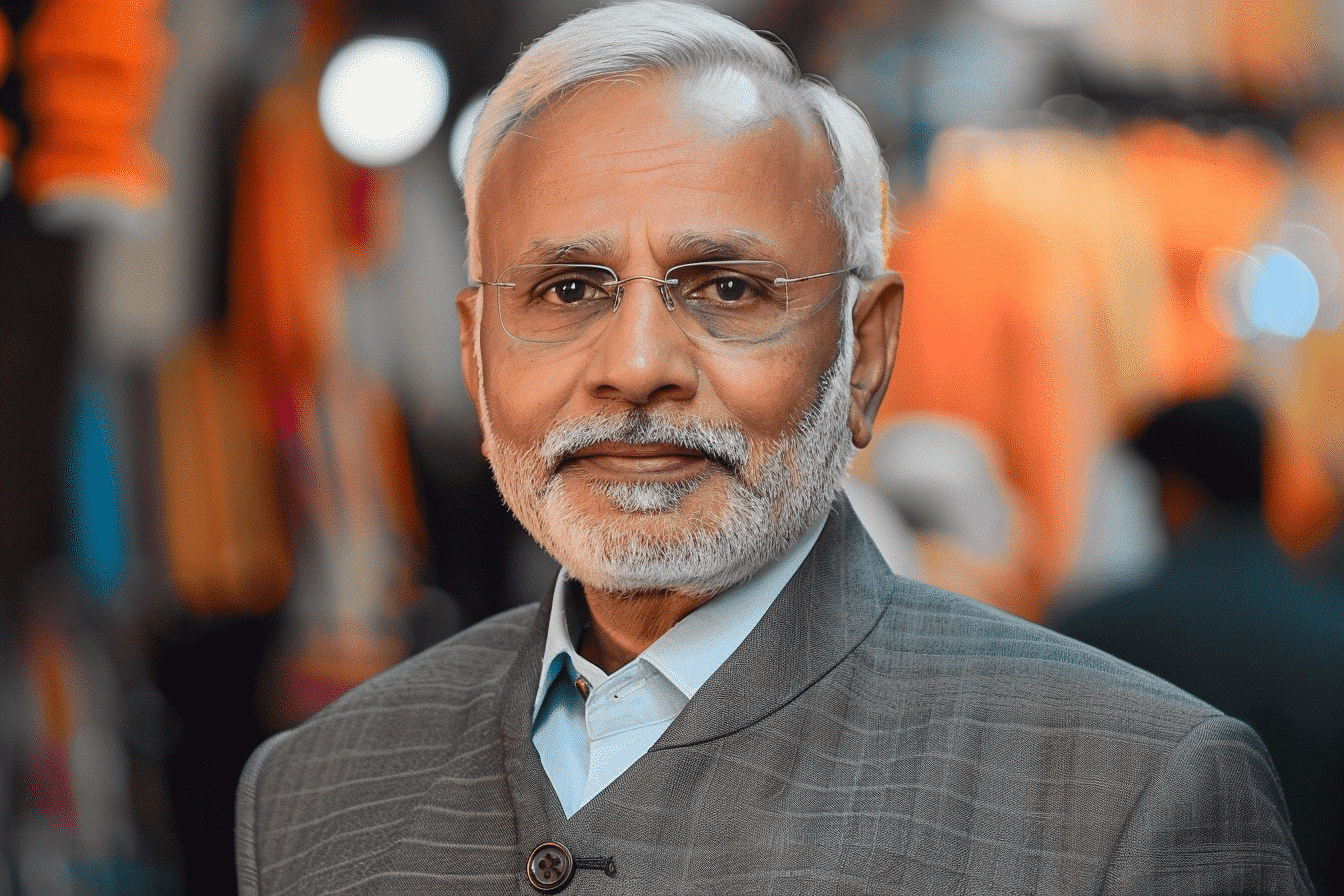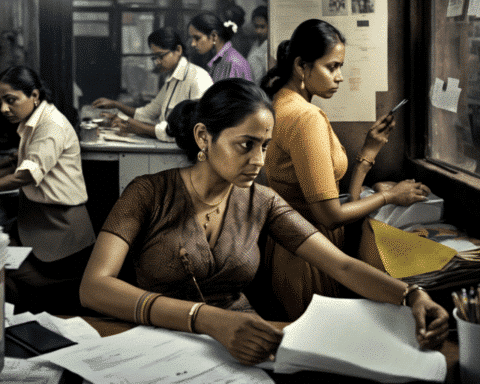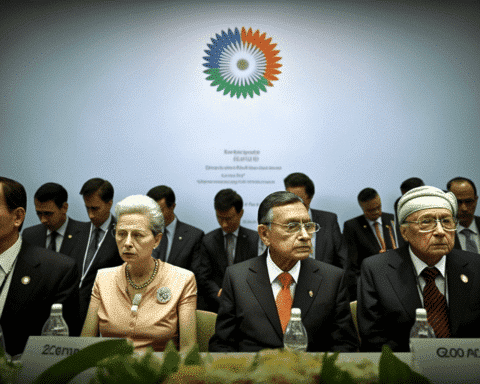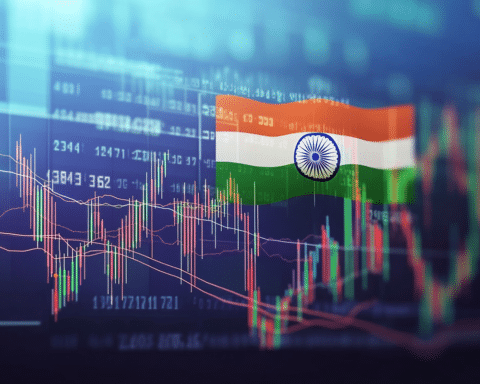As India gears up for its upcoming national elections, the opposition alliance, formed with the aim of unseating Prime Minister Narendra Modi, finds itself in disarray. What was once a formidable coalition of over two dozen parties has succumbed to internal strife, ideological clashes, and political defections, analysts report.
Led by the Indian National Congress, the alliance sought to challenge Modi’s Bharatiya Janata Party (BJP), particularly after Modi’s recent popularity surge following the inauguration of a Hindu temple in Ayodhya. However, the unity among opposition parties has waned, with some key members opting to contest elections independently.
Talks on seat-sharing within the alliance have hit a deadlock, largely due to Congress’ insistence on fielding candidates in a majority of seats, even in states where it lacks significant support. This stance has prompted crucial partners in West Bengal and Punjab to announce their intentions to go solo in the elections.
Adding to the alliance’s woes is the unexpected defection of Nitish Kumar, the chief minister of Bihar and a pivotal figure in the opposition coalition, to Modi’s BJP. Analysts suggest that Modi’s party has effectively exploited distrust within the opposition ranks, engineering defections and weakening the collective resolve of the alliance.
The opposition’s failure to present a unified front and craft a compelling narrative to challenge Modi has further bolstered his chances of securing a third consecutive term. Meanwhile, the Congress party, grappling with internal challenges and struggling to resonate with voters, has only managed to secure a meager 52 seats in the previous election.
Modi has capitalized on portraying himself as an outsider challenging the entrenched political elite, resonating particularly with India’s Hindu majority. Despite facing criticism for mixing religion with politics, Modi’s strategy seems to have struck a chord with voters, further consolidating his support base.
However, the opposition alleges unfair targeting by federal agencies, accusing them of launching politically motivated probes against alliance leaders while dropping investigations against those who switched allegiance to the ruling BJP. Such actions, according to opposition lawmakers, undermine the democratic principles of the country.
Yet, the opposition’s failure to effectively address key issues such as rising unemployment and economic discontentment has left voters largely unmoved. Despite India’s expanding economy, joblessness among the youth remains a pressing concern, posing a significant challenge for Modi’s government.
With the lack of a cohesive opposition narrative and a popular uprising against economic distress seeming unlikely, analysts predict that Modi is well-positioned to secure another term comfortably. As the country braces for the upcoming elections, the fractured state of the opposition alliance underscores the formidable challenge Modi’s rivals face in their bid to unseat him.




